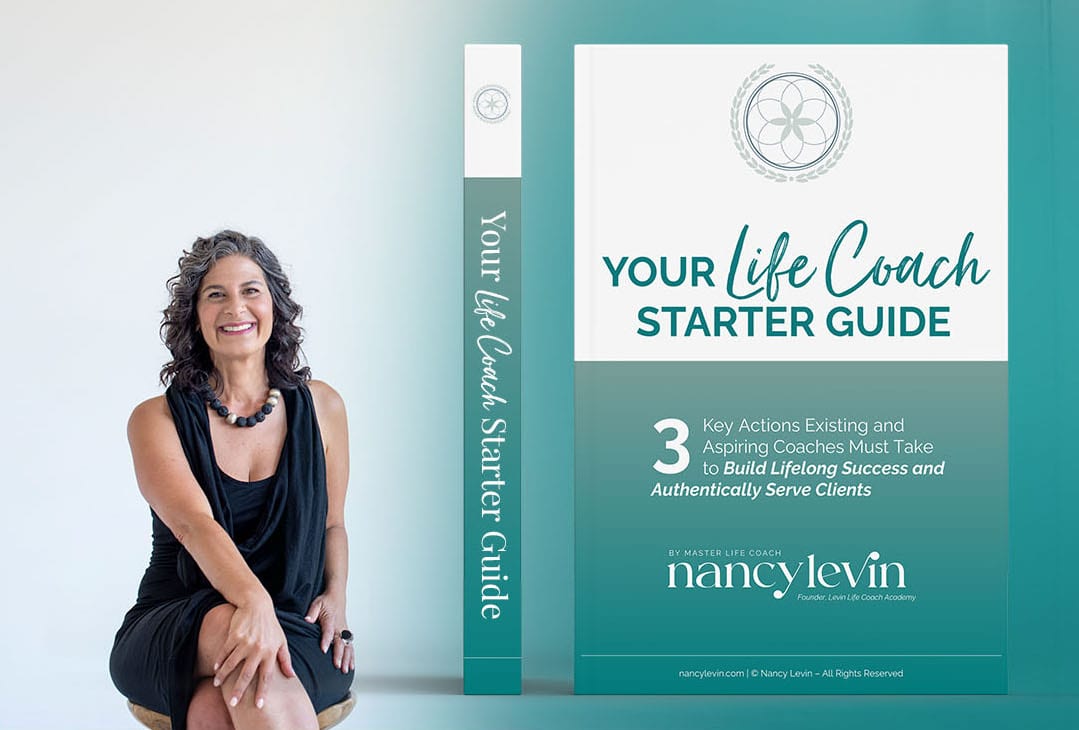Many of us lose ourselves the minute we intuit that someone we love is having a need or desire of their own. We might start out anchored, but someone else’s waves can easily throw us off course. My client Maria, for example, has struggled to stay anchored in her own feelings. She says she used to “take the temperature” of her partner, waiting to gauge his behavior so that she could decide how to act. She hid her own feelings because she didn’t feel worthy enough to express them or have what she wanted.
I suggest that you affirm each morning that you’ll stay anchored in you. Take your own emotional temperature before anyone else’s. Ask yourself what you’re feeling and what you want. You’ll soon become more aware of yourself and better able to make yourself a priority.
Once you have an idea of how you’ve automatically acquiesced to your partner’s needs in the past, and you’re more aware of your own wants and needs, the practice begins of catching yourself in the act of deferring to others. If you’re in a romantic relationship, you can note when you do this with your partner. If not, check yourself with friends, family members, and coworkers.
My friend Rita says a former girlfriend complained, “We always do what you want to do!” Rita was stunned. She’d always assumed her friend agreed to her suggestions because she wanted to do the same thing. She would’ve been fine if it took them longer to find a movie or concert they both wanted to attend. But her friend felt she had to always agree to what Rita wanted. Then, she felt put upon, even though she never voiced her own desires to Rita.
So before you acquiesce, stop and ask yourself what you want. Are you truly OK with doing what the other person wants, or do you want to ask for something different? Then, practice stating what you’d prefer. Maybe your habit is to immediately ask, “Where would you like to have dinner?” Instead, try saying, “I’d like to try that Chinese restaurant tonight.” Now, if the other person hates Chinese food, this is a time when compromise would make sense. Contrary to popular opinion, taking your own needs into account doesn’t automatically mean you become rigid and dismissive of others. The goal is to take note of your own preferences, and speak up so you get what you want at least 50% of the time.
If the topic is more important than choosing a movie or a restaurant, you might initiate the conversation by saying, “I notice what I want here is _______________, and I’m wondering what you want.” This might feel more vulnerable, but it’s honest, clear, and direct. It initiates a conversation in which you negotiate with each other and decide together what’s best. While you may end up compromising at the end of that conversation, avoid doing it if you feel strongly that you need the opposite of what’s proposed. Work toward putting yourself on equal footing with others.
If you’ve been the acquiescing one in the relationship up until now, this new, more self-honoring way of being may need some time to take root. It might feel uncomfortably forceful at first, even naming that you have needs and preferences. Some rigidity may even be necessary in order to overcome the expectation that you’ll always relent. But once you’re more comfortable stating what you want and making sure your needs are met, a balance will naturally be struck. It may be clunky in the beginning because you’re developing a new skill. It was certainly clunky for me. But you’ll get there, and I’m here to support you!
Over the past several years I’ve helped thousands of people make choices and take actions to stop self-sabotaging and start making themselves their FIRST priority! Now it’s your turn to learn how to bring the fullness of you into your relationship, pre-order The New Relationship Blueprint today!








